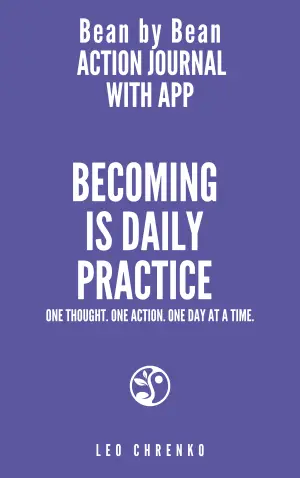Reflecting on Visitations by Corey Michael Bogan: A Journey Through Memory and Truth
From the moment I picked up Visitations by Corey Michael Bogan, I felt a profound resonance with the themes of memory, trauma, and the haunting shadows of childhood experiences. This book caught my attention not just because of its striking cover, but also due to its premise—a deeply personal exploration of a mother-son relationship fraught with complexity and control. As someone who has navigated my share of tumultuous familial waters, I found myself eager to embark on this journey with Corey.
At its core, Visitations dives into the many layers of emotional turmoil that arise from a parent’s conflicting love and control. Corey’s mother looms large in his narrative, a figure whose overwhelming force shapes not only his childhood but also his sense of self. Throughout the story, themes of manipulation and the search for identity shimmer just beneath the surface. Readers witness Corey’s struggle to reconcile the love he wants to feel with the pain inflicted by his mother’s actions—a struggle that many will find painfully familiar. I couldn’t help but reflect on my own experiences, where the lines between duty, love, and despair were often blurred.
Bogan’s writing style is both lyrical and raw, intertwining beautiful prose with hard-hitting truths. His pacing allowed me to immerse myself fully in the ebb and flow of Corey’s memories, each chapter revealing new layers of trauma and resilience. Corey’s candidness about his feelings, the confusion, and the moment of liberation he ultimately reaches resonated deeply with me. I remember a particular line that struck me: “The day I finally took that power away from her is the day I truly got to start my life.” It encapsulates a pivotal moment not just in Corey’s story, but in countless lives grappling with similar dynamics.
As I turned the pages, I could feel the tears welling up—often in a cathartic manner. The raw honesty in Visitations reminded me of my own battles, the struggles with a parent whose love felt conditional, tainted by chaos. Much like Corey’s experiences, my own childhood was a tightly controlled existence, dominated by a parent’s will. While so much of what I read mirrored my pain, it was also a powerful reminder of the beauty of breaking free and reclaiming one’s narrative. Books like this are more than just stories; they are lifebuoys for those lost in the turbulent sea of familial dysfunction.
Ultimately, I believe that Visitations is essential reading for anyone who has felt stifled by their upbringing or grappled with an abusive relationship. I wholeheartedly wish this book finds its way into the hands of young readers navigating similar challenges—it could be a lifeline for them. Bogan’s narrative is not just an artful recounting of his past; it’s a beacon of hope for those seeking to recognize their own truths and find that they are not alone in their struggles.
Reflecting on my experience with this book, I am genuinely grateful to be pursuing a degree that will empower me to disseminate such vital stories. For anyone yearning to feel seen, understood, or simply in search of a beautiful narrative that channels the complexities of love and freedom, Visitations is undoubtedly a book you should seek out. I know it’s one I will think about for a long time to come.






